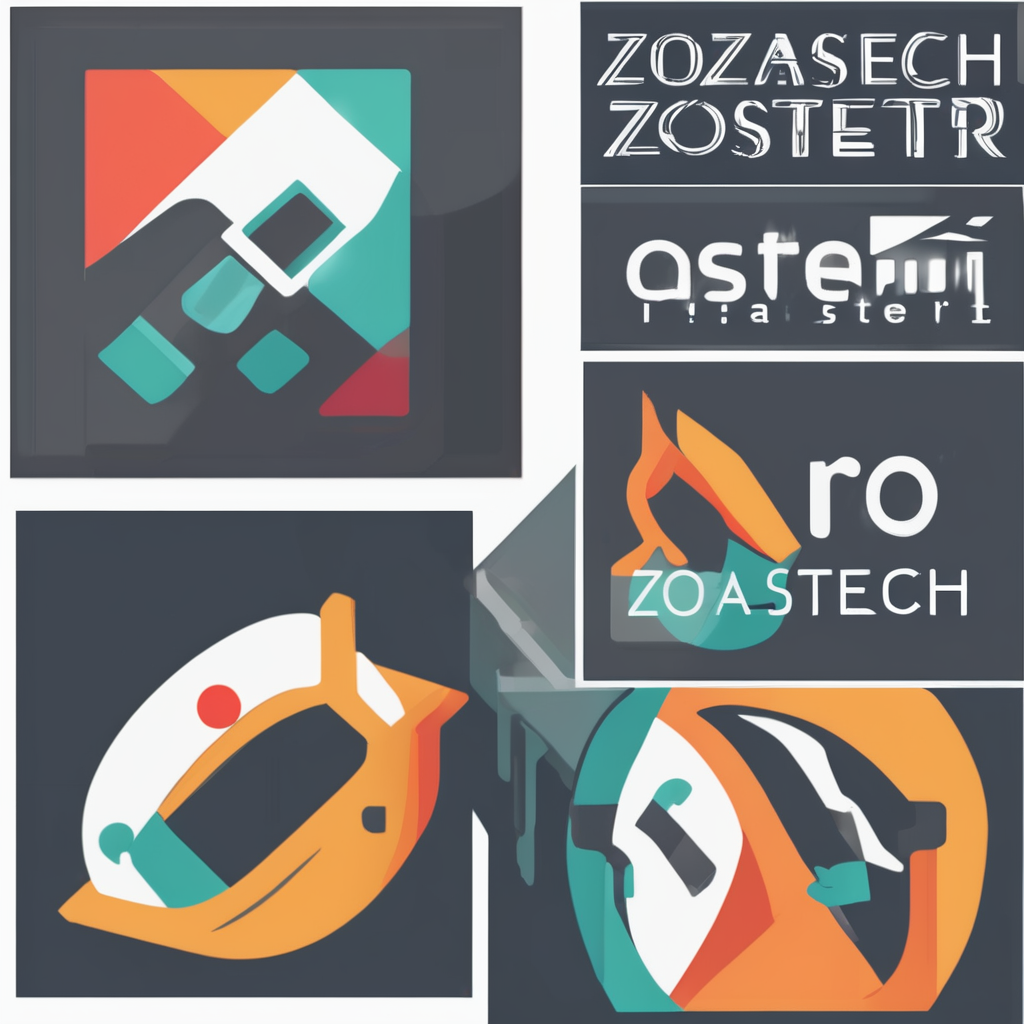AI Capabilities and Limitations in the Tech Industry
Artificial intelligence (AI) is transforming the tech industry by enhancing productivity and automating routine tasks. AI capabilities include data analysis, pattern recognition, and even coding assistance, which boost efficiency in software development and system management. For example, AI-powered tools can quickly identify bugs or optimize code, speeding up workflows without human fatigue.
However, despite these advances, significant limitations of AI persist. AI lacks genuine creativity, critical thinking, and emotional intelligence—skills crucial for innovation and complex problem-solving. It cannot fully replace roles that depend on strategic decision-making or nuanced interpersonal communication. Moreover, AI models often require vast amounts of quality data, and they may struggle with ambiguous or novel scenarios.
Also to see : Discover the cutting-edge uk technologies set to transform computing in 2024
Human skills remain indispensable alongside AI. While AI excels at computation and handling repetitive tasks, humans provide context awareness, ethics, and adaptability. This complementary dynamic means tech professionals are evolving into roles that leverage both AI power and uniquely human expertise, ensuring the industry benefits from the strengths of both. Recognizing these limitations of AI helps in setting realistic expectations for its role in tech careers.
AI Capabilities and Limitations in the Tech Industry
Artificial intelligence in the tech industry has made remarkable strides, particularly in automating repetitive tasks and analyzing vast datasets. AI capabilities now include natural language processing, predictive analytics, and even assisting in writing and debugging code. These advances help tech teams accelerate development cycles and enhance system reliability. However, there remain clear limitations of AI that shape its role in the industry.
This might interest you : What role does fintech play in the UK computing landscape?
AI cannot fully replicate human judgment or handle tasks requiring complex reasoning, creativity, and emotional nuance. For example, while AI can identify patterns in code errors, it struggles to understand the broader context behind software design decisions. Additionally, AI models often rely heavily on high-quality data, making them vulnerable to bias or inaccuracy when data is incomplete or ambiguous.
Human skills complement AI’s computational power by contributing critical thinking, ethical considerations, and adaptability to changing environments. This balance is essential in areas like strategic planning and nuanced problem-solving, where AI’s current abilities fall short. Recognizing these limitations of AI guides organizations in optimizing collaboration between humans and machines in the tech industry.
AI Capabilities and Limitations in the Tech Industry
Artificial intelligence has reshaped many core functions of the tech industry by automating repetitive tasks and enhancing decision-making processes. The AI capabilities extend to natural language processing, machine learning models for predictive analytics, and intelligent code generation. These tools streamline workflows, allowing tech professionals to focus on higher-level strategic work.
Despite these advances, the limitations of AI remain significant. AI systems lack true understanding and common sense reasoning, which limits their effectiveness in ambiguous or novel situations. For example, AI can detect code errors but cannot fully grasp the design intent behind software architecture, a nuanced domain requiring human insight. Furthermore, AI performance heavily depends on high-quality, unbiased data, making it vulnerable to errors when faced with incomplete or skewed datasets.
Recognizing what AI can and cannot do highlights the critical role of human expertise in the tech industry. Humans provide ethical judgment, creativity, and adaptability—qualities AI in tech industry solutions cannot replicate. This complementary relationship ensures that while AI enhances productivity, it does not replace the human capacity for complex reasoning and innovation.
AI Capabilities and Limitations in the Tech Industry
Artificial intelligence in the tech industry has transformed many facets of work through its advanced AI capabilities such as automated code generation, data analysis, and error detection. These functions enable greater efficiency by handling repetitive or computationally intensive tasks faster than humans can. However, the limitations of AI remain clear in areas requiring strategic insight, creativity, and adaptability. AI systems cannot fully interpret context or exercise judgment under uncertainty, which are critical in complex decision-making scenarios.
For example, while AI can optimize algorithms and identify bugs, it lacks the nuanced understanding to redesign software architecture considering user needs or emerging market trends. This illustrates how AI in tech industry environments serves as a powerful assistant but not a complete replacement for human expertise.
Human professionals contribute indispensable skills like ethical reasoning, creative problem-solving, and flexibility when adapting to new challenges. Leveraging the strengths of AI capabilities alongside uniquely human attributes creates a synergy that drives innovation. Recognizing these limitations of AI reminds us that successful tech development depends on collaboration between intelligent machines and skilled humans, rather than AI acting independently.
AI Capabilities and Limitations in the Tech Industry
Artificial intelligence in the tech industry continues to evolve, driving significant changes in how core tasks are performed. AI capabilities now encompass sophisticated data processing, automated code generation, and predictive analytics that reduce manual workloads. These advances boost efficiency, allowing development teams to focus on higher-level challenges. However, the limitations of AI remain crucial to understand. AI struggles with tasks requiring deep contextual awareness, creativity, and strategic judgment, which are fundamental in tech innovation.
While AI in tech industry applications excels at processing large datasets and identifying patterns, it cannot replace the intuitive decision-making skills humans apply in ambiguous or novel situations. For example, AI may flag potential vulnerabilities but cannot foresee the broader implications for user experience or business strategy. The real strength lies in combining AI’s computational power with human expertise—ethical reasoning, creative problem-solving, and adaptability.
Recognizing these limitations of AI helps frame expectations and guides professionals to develop complementary skills, ensuring AI enhances rather than replaces human roles in the tech industry.
